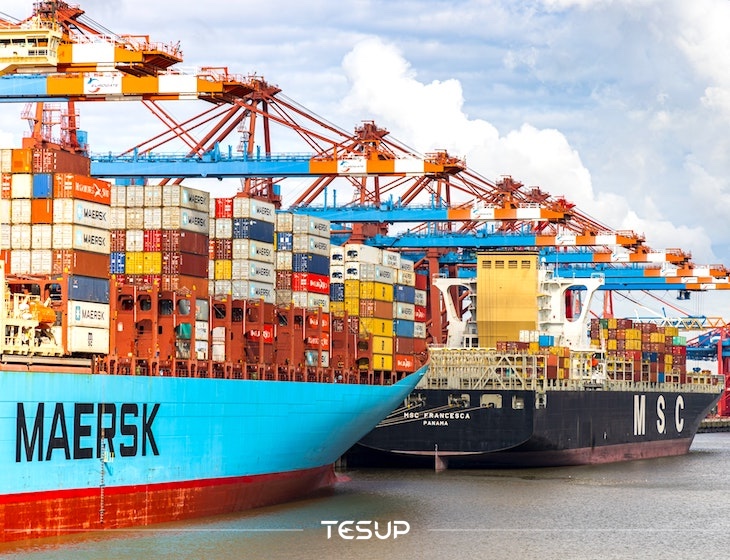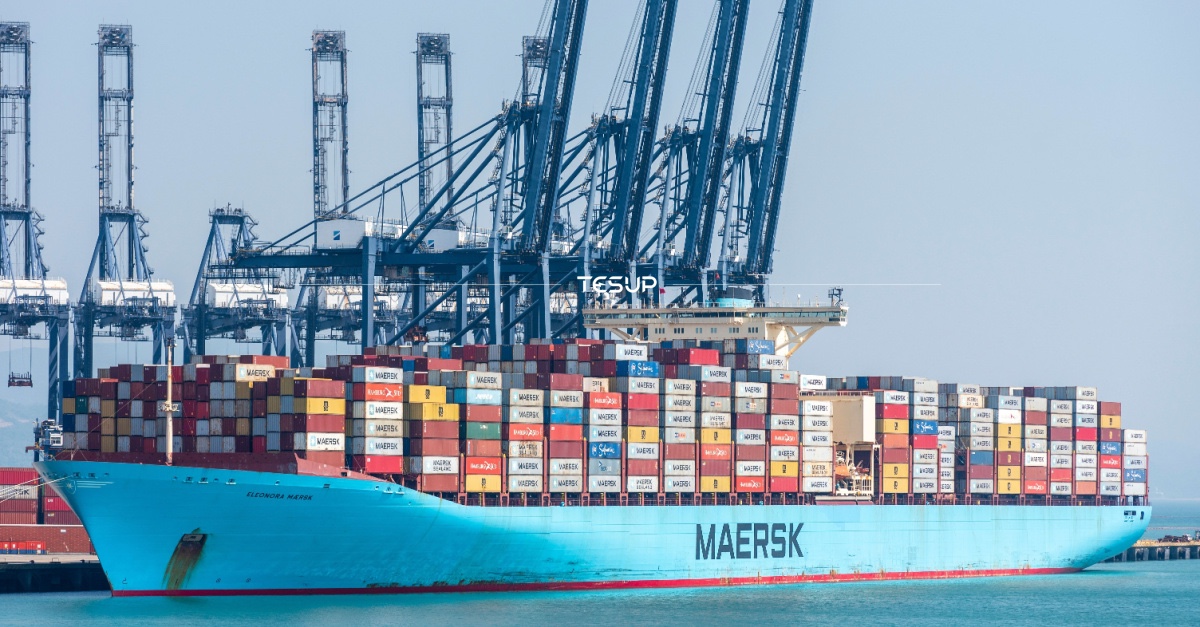
Why MAERSK and MSC Prefer TESUP Wind Turbines and Flexible Solar Panels on Their Ships
In the ever-evolving maritime industry, sustainability and operational efficiency are paramount. Leading shipping giants, MAERSK and MSC, have taken significant strides towards greener operations by integrating TESUP wind turbines and flexible solar panels on their vessels. This decision is driven by several compelling reasons:
Commitment to Sustainability
Both MAERSK and MSC are committed to reducing their environmental footprint. By harnessing renewable energy sources, they significantly cut down on greenhouse gas emissions. TESUP's advanced wind turbines and flexible solar panels provide reliable and clean energy, aligning perfectly with the companies' sustainability goals. This move not only helps in reducing carbon emissions but also sets a benchmark for the entire shipping industry to follow.
Innovative Technology
TESUP's wind turbines and flexible solar panels represent the pinnacle of renewable energy technology. The wind turbines are designed to be highly efficient even in low wind conditions, which is crucial for maritime environments. Meanwhile, the flexible solar panels can be easily installed on various surfaces of the ship, maximizing the use of available space without compromising the vessel's design or functionality.
Operational Efficiency
Renewable energy sources like wind and solar power help in reducing fuel consumption, thereby lowering operational costs. TESUP's wind turbines and solar panels ensure that ships have a constant supply of supplementary power. This reduces the reliance on traditional fuel, leading to significant savings over time. The maintenance of these systems is also minimal, further adding to cost efficiency.

Enhanced Energy Security
By integrating TESUP's renewable energy solutions, MAERSK and MSC enhance their energy security. The ability to generate power on-board means less dependence on port infrastructure for refueling. This autonomy is particularly beneficial for long voyages and operations in remote areas where fuel supply might be limited or expensive.
Compliance with Regulations
The maritime industry is subject to stringent environmental regulations. By adopting TESUP's wind and solar technologies, MAERSK and MSC ensure compliance with international standards such as the IMO's MARPOL Annex VI, which targets the reduction of air pollution from ships. This proactive approach helps in avoiding potential fines and sanctions, while also improving their corporate image.
Corporate Social Responsibility (CSR)
Adopting sustainable practices is not just about compliance and cost savings; it's also about corporate social responsibility. MAERSK and MSC are leading by example, showing that large corporations can and should take significant steps to mitigate their environmental impact. This commitment to CSR enhances their reputation among customers, stakeholders, and the global community.
Future-Proofing Operations
The shipping industry is moving towards a greener future, with increasing pressure from governments, environmental groups, and the public. By investing in TESUP's cutting-edge renewable energy solutions, MAERSK and MSC are future-proofing their operations. This forward-thinking approach ensures they remain competitive and relevant in an industry that is rapidly evolving towards sustainability.
Conclusion
MAERSK and MSC's preference for TESUP wind turbines and flexible solar panels underscores their dedication to innovation, sustainability, and operational efficiency. By embracing these renewable energy technologies, they are not only reducing their environmental impact but also setting a powerful example for the entire maritime industry. As they sail towards a greener future, their partnership with TESUP stands as a testament to the transformative potential of renewable energy in shipping.
